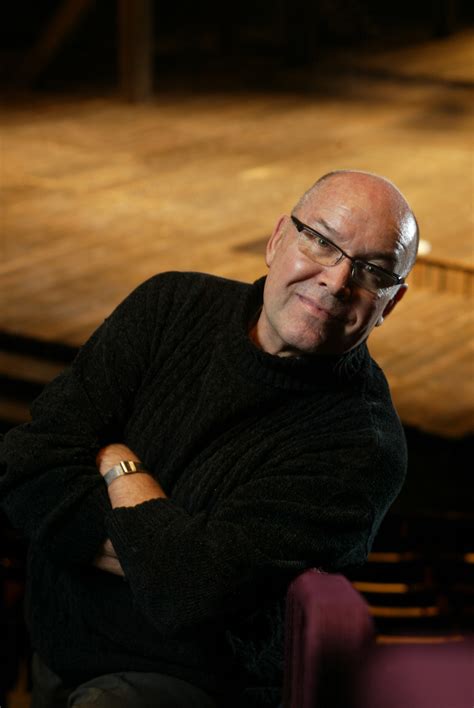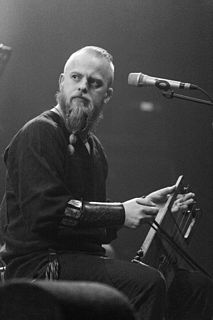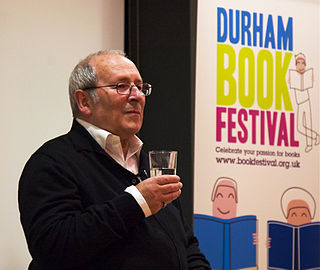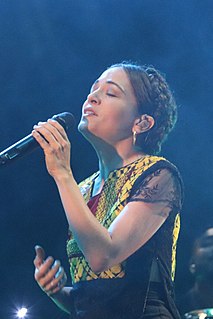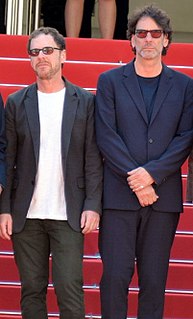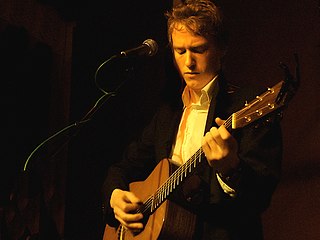A Quote by Jack O'Brien
People are so familiar with the show that I think they're perfectly happy to let it go by without asking any questions. There's a passivity to how we experience 'The Sound of Music.'
Related Quotes
When I go to the cinema, I want to have a cinematic experience. Some people ignore the sound and you end up seeing something you might see on television and it doesn't explore the form. Sound is the other picture. When you show people a rough cut without the sound mix they are often really surprised. Sound creates a completely new world. With dialogue, people say a lot of things they don't mean. I like dialogue when it's used in a way when the body language says the complete opposite. But I love great dialogue I think expositional dialogue is quite crass and not like real life.
At a theoretical level, I think a naturalist approach to religion is just asking questions I'm not interested in. They're perfectly legitimate in their own terms, but they don't address the actual experience of how one or other aspect of religion becomes existentially meaningful to us in our actual lives. The fact that we ourselves are the subject of investigation makes all the difference.
You're not a Black man. You're a human being in God's eyes. So when you sit down to talk to someone and you talk to them in really intelligent terms, you ask difficult questions, there's a militancy that's assigned to you without you asking for it, because you are simply judged by what you look like. If you're a white person asking the same questions, you'd be one of these CNN guys and say how brilliant he is. That doesn't work for you, because this is the world we live in.
If you don't put the spiritual and religious dimension into our political conversation, you won't be asking the really big and important question. If you don't bring in values and religion, you'll be asking superficial questions. What is life all about? What is our relationship to God? These are the important questions. What is our obligation to one another and community? If we don't ask those questions, the residual questions that we're asking aren't as interesting.
Any kind of creativity is not settling down into a happy little space. I don't try to be mellow or anything. I think I have quite... my voice is what it is, no matter what I'm singing, it's always going to sound like me. There's not too far I could go. I sound like myself. I hope that I haven't put any boundaries on anything.
Having an answer is a comfort. It's when you start asking questions and those questions pull threads in the larger fabric, you're forced to wonder what you're left with. And for people of any age, it's scary to think the fabric of the universe - or the universe as you've always believed it existed - can just unwind, you know?
